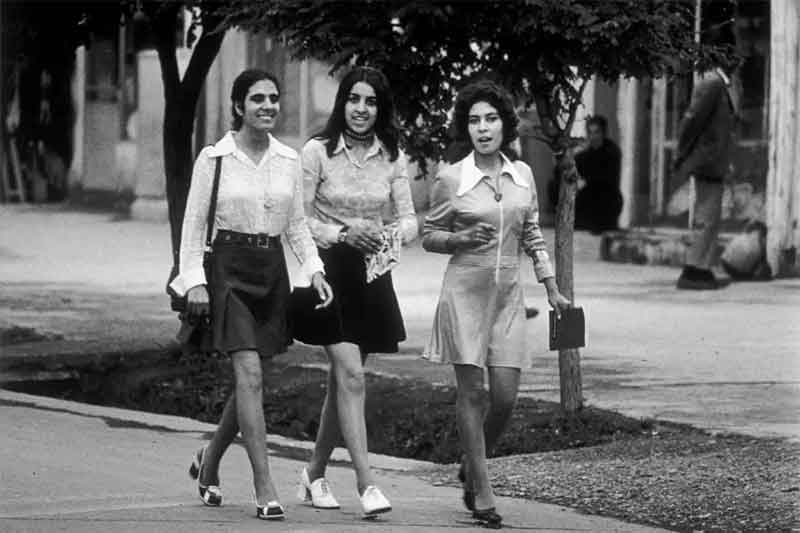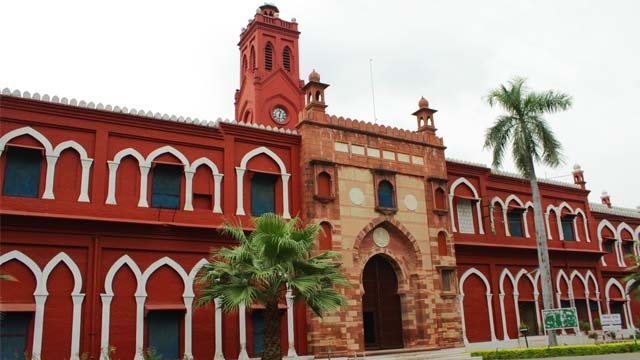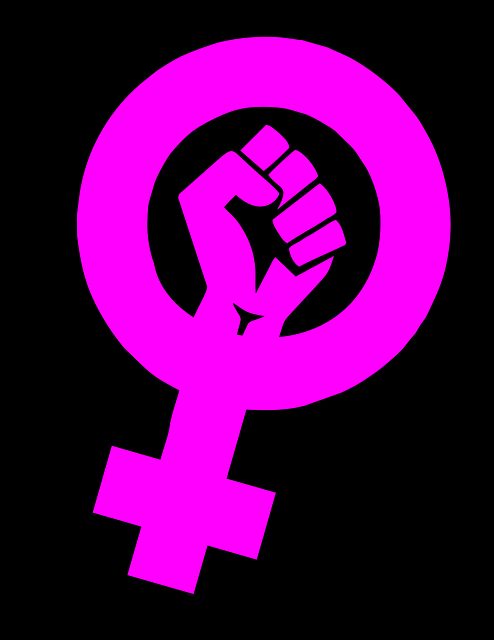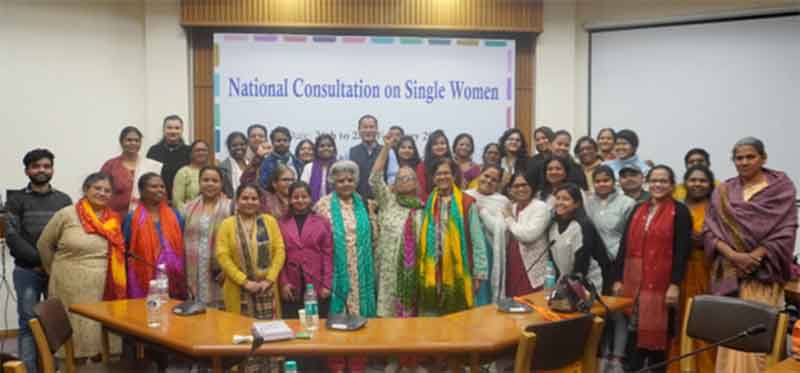
Turkish President Tayyip Erdogan has pulled Turkey out of an international accord designed to protect women, according to an official notice.
The Council of Europe accord, better known as the Istanbul Convention, pledged to prevent, prosecute and eliminate domestic violence and promote equality. Turkey signed it in 2011, but femicide has surged there regardless in recent years. No reason was provided for the withdrawal in the Official Gazette, where it was announced.
Turkey’s withdrawal on March 20, 2021 from the landmark European treaty protecting women from violence that it was the first country to sign 10 years ago and which bears the name of its largest city.
The news sparked protests across Istanbul from those who say it is necessary to address rising domestic violence. Erdogan’s overnight decree annulling Turkey’s ratification of the Istanbul Convention is a blow to women’s rights advocates, who say the agreement is crucial to combating domestic violence. Hundreds of women gathered at demonstrations across Turkey on March 20 to protest the move.
A media report cited housewife Ayfer Morgic who said not enough is being done to protect women – with or without the convention. “Femicide will rise even more. It did not protect us when it was in effect anyway. Everyday women are killed in the street, in the bus, in the car. There are women who are beaten by their lovers in an elevator. Who reads their stories? When you go to the police they say: ‘It’s okay. He is your husband. Forgive him for the sake of your children’. But when that woman returns home, the same police officers go there a day after to take her to her funeral. How are they protecting us? Which woman has Tayyip Erdogan protected to this day? I think it is all the same, with or without the convention. Nothing changes.”
Officials in Erdogan’s ruling AK Party had said last year the government was considering pulling out of the convention amid a row over how to curb growing violence against women. Some favor using domestic law to protect women’s rights over outside fixes. Many conservatives in Turkey say the pact undermines family structures, encouraging violence.
Critics of the withdrawal have said it would put Turkey further out of step with the European Union, which it remains a candidate to join.
Turkey does not keep official statistics on femicide. But the rate roughly tripled in the last 10 years, according to a group that monitors the killing of women and girls. It said that so far in 2021, at least 78 women have been murdered or died under suspicious circumstances.
The Council of Europe’s Secretary General, Marija Pejčinović Burić, called the decision “devastating.”
“This move is a huge setback to these efforts and all the more deplorable because it compromises the protection of women in Turkey, across Europe and beyond,” she said.
The Istanbul Convention states that men and women have equal rights and obliges state authorities to take steps to prevent gender-based violence against women, protect victims and prosecute perpetrators.
Some officials from Erdogan’s Islam-oriented party had advocated for a review of the agreement, arguing it is inconsistent with Turkey’s conservative values by encouraging divorce and undermining the traditional family unit.
Critics also claim the treaty promotes homosexuality through the use of categories like gender, sexual orientation and gender identity. They see that as a threat to Turkish families. Hate speech has been on the rise in Turkey, and the country’s interior minister described LGBT people as “perverts” in a tweet. Erdogan has rejected their existence altogether.
Women’s groups and their allies who have been protesting to keep the convention intact immediately called for demonstrations across the country under the slogan “Withdraw the decision, implement the treaty.” They said their years-long struggle would not be erased in one night.
“We were struggling every day so the Istanbul Convention would be implemented and women would live. We now hear that the Istanbul Convention has been completely repealed,” Dilan Akyuz, 30, who joined other women demonstrating in Istanbul. “We are very angry today. We can no longer bear even one death of a woman. We do not have any tolerance for this.”
Rights groups say violence against and the killing of women is on the rise in Turkey, an assertion the interior minister called a “complete lie” on Saturday.
According to the We Will Stop Femicide Platform, some 409 women were killed in 2020, with dozens found dead under suspicious circumstances.
Numerous women’s rights groups slammed the decision, saying laws protecting women are inadequately enforced.
Advocacy group Women’s Coalition Turkey said the withdrawal from a human rights agreement was a first in Turkey. “It is clear that this decision will further encourage the murderers of women, harassers, rapists,” their statement said.
Turkey’s justice minister said the government was committed to combating violence against women.
“We continue to protect our people’s honor, the family and our social fabric with determination,” Justice Minister Abdulhamit Gul tweeted.
Erdogan has repeatedly stressed the “holiness” of the family and called on women to have three children. His communications director, Fahrettin Altun, said the government’s motto was ‘Powerful Families, Powerful Society.”
Many women suffer physical or sexual violence at the hands of their husbands or partners, but up-to-date official statistics are unavailable. The Istanbul Convention requires states to collect data.
Protesting women shouted pro-LGBT slogans and called for Erdogan’s resignation. They cheered as a woman speaking through a megaphone said, “You cannot close up millions of women in their homes. You cannot erase them from the streets and the squares.”
“As women, we now think that the withdrawal is a direct attack on women’s rights and a direct attack on the rights of modern young women, in particular,” Ebru Batur, 21-year-old demonstrator, said. “This of course makes us feel insecure and like our rights are appropriated.”
Turkey’s Constitution says international agreements have the force of law.
Some lawyers claimed Saturday that the treaty is still active, arguing the president could not withdraw from it without the approval of parliament, which unanimously ratified the Istanbul Convention in 2012.
But Erdogan gained sweeping powers with his re-election in 2018, setting in motion Turkey changing from a parliamentary system of government to an executive presidency.
The justice minister wrote on Twitter that while parliament approves treaties, which the executive branch puts into effect, the executive also has the authority to withdraw from them.
Women lawmakers from Turkey’s main opposition party said they would not recognize the decree and called it another “coup” on parliament and an usurpation of the rights of 42 million women.
Germany’s Foreign Ministry joined the criticism, saying “withdrawal from the Istanbul Convention is a wrong signal for Europe, but especially for the women of Turkey.”
“Only a few weeks ago, President Erdogan introduced an action plan for human rights which also includes the fight against domestic violence and violence against women,” the German ministry said in a statement. “Quitting an important convention of the Council of Europe questions how serious Turkey is when it comes to the goals mentioned in that action plan.”
“It is clear that neither cultural, nor religious or other national traditions can serve as a disguise in order to ignore violence against women,” Germany said.
A transgender Islamic school in Pakistan breaks barriers
A Reuters report said on March 22, 2021:
With a long white shawl on her head, Rani Khan gives daily Koran lessons at Pakistan’s first transgender-only madrasa, or Islamic religious school, which she set up herself using her life savings.
The madrasa is an important milestone for the LGBTQ community in the overwhelmingly fundamental Muslim country, where transgender people face ostracism, even though there is no official restriction on them attending religious schools or praying at mosques.
“Most families do not accept transgender people. They throw them out of their homes. Transgender people turn to wrongdoing,” Khan, 34, said, as other transgender people, their heads similarly covered, swayed back and forth behind her, reciting Koran verses.
“At one time, I was also one of them.”
Holding back tears, Khan recalled how she was disowned by her family at 13 and forced into begging.
At 17, she joined a transgender group, dancing at weddings and other functions, but quit it to connect with her religion after a dream in which a deceased transgender friend and fellow dancer pleaded with her to do something for the community.
Khan studied the Koran at home, and attended religious schools, before opening the two-room madrasa in October.
“I’m teaching the Koran to please God, to make my life here and in the hereafter,” Khan said, explaining how the madrasa offered a place for transgender people to worship, learn about Islam and repent for past actions.
She says the school has not received aid from the government, although some officials promised to help students find jobs.
Along with some donations, Khan is teaching her students how to sew and embroider, in hopes of raising funds for the school by selling clothing.
Pakistan’s parliament recognized the third gender in 2018, giving such individuals fundamental rights such as the ability to vote and choose their gender on official documents.
Nonetheless, the transgender remain on the margins in the country, and often have to resort to begging, dancing and prostitution to make a living.
The madrasa could help trans people assimilate into mainstream society, Islamabad Deputy Commissioner Hamza Shafqaat told Reuters.
“I’m hopeful that if you replicate this model in other cities, things will improve,” he said.
A religious school for transgender people has opened in Dhaka, the capital of nearby Bangladesh, and last year a Christian transgender group started its own church in Pakistan’s bustling southern port city of Karachi.
Pakistan’s 2017 census recorded about 10,000 transgender people, though trans rights groups say the number could now be well over 300,000 in the country of 220 million.
“It gives my heart peace when I read the Koran,” said one madrasa student, Simran Khan, who is also eager to learn life skills.
“It is much better than a life full of insults,” the 19-year-old added.
GET COUNTERCURRENTS DAILY NEWSLETTER STRAIGHT TO YOUR INBOX
















































